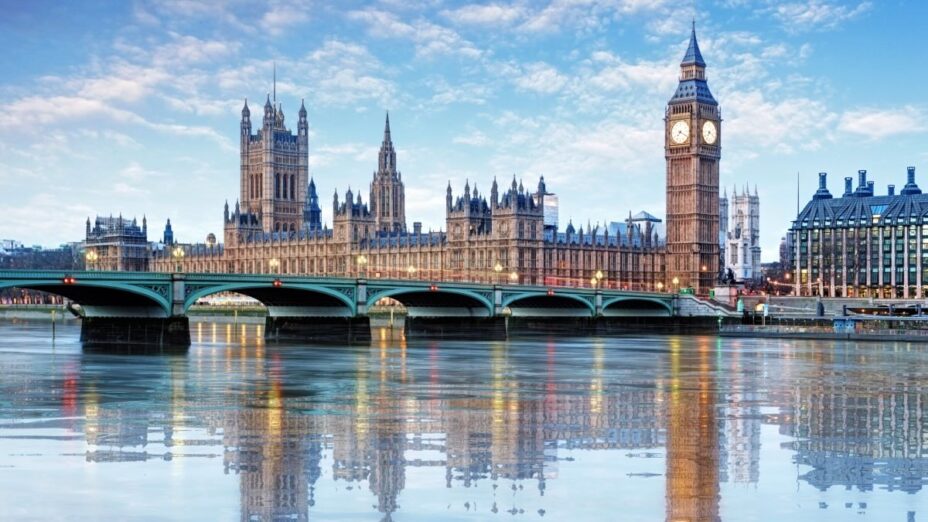The Betting and Gaming Council Casino Group has warned that any increase in Machine Games Duty (MGD) in the United Kingdom will undermine vital investment and threaten thousands of jobs in Britain’s land-based casino sector.
The Betting and Gaming Council (BGC) says that an increase in MGD in the upcoming Budget would reverse the benefits of the Government’s long-awaited reforms to Britain’s land-based casino sector, jeopardising 3,500 jobs – a third of the entire UK casino workforce.
It is estimated that an increase in MGD from the current rate of 20 per cent to 25 per cent would result in the closure of up to 40 casinos and lead to a reduction in the planned £300 million investment across the UK by casino operators.
“An increase in MGD would fundamentally undermine the sustainable footing the new reforms have created,” said Simon Thomas, executive chairman of the Hippodrome Casino and chairman of the BGC Casino Committee. “It would reverse progress, lead to closures, and put thousands of skilled jobs at risk.”
The reforms were expected to help casinos grow and invest by allowing them to offer sports betting and a greater number of gaming machines.
When introducing the measures, DCMS Minister Stephanie Peacock MP said the reforms would “unlock additional investment up and down the country” and “put the casino sector back on a stable footing,” while Gambling Minister Baroness Twycross praised the sector’s contribution to jobs, tax revenues, and the night-time economy, adding that modernisation could boost Gross Gambling Yield by up to £58 million.
However, the BGC Casino Group warns that a rise in MGD from the current 20 per cent rate would wipe out these gains overnight.
“Casinos have only just begun to recover from the pandemic and years of economic pressure,” said Thomas. “A tax rise now would derail investment plans, force closures, and damage Treasury revenues in the long term.”
Britain’s land-based casino sector continues to underperform compared to pre-pandemic revenue levels, equivalent to a 43 per cent fall in real terms, as rising costs, including wage inflation, higher employer National Insurance Contributions, and the suspension of duty revalorisation, continue to squeeze margins.
BGC chief executive Grainne Hurst said: “This industry supports 11,000 skilled jobs and contributes hundreds of millions in tax. Raising MGD would not raise revenue – it would destroy it, by forcing viable casinos to close.”
That sentiment was echoed by Michael Kill, CEO of the Night Time Industries Association.
“The Government’s proposed tax increases risk undermining the ability of land-based casinos to invest in becoming world-leading cultural hubs,” he said. “Strategic investment in entertainment, hospitality, restaurants, bars and live shows is shaping casinos into future-proof destinations that will sustain jobs, energise high streets, and underpin a vibrant 24-hour economy.”
The BGC is urging the government to maintain the current MGD rate to protect jobs, investment, and growth.
